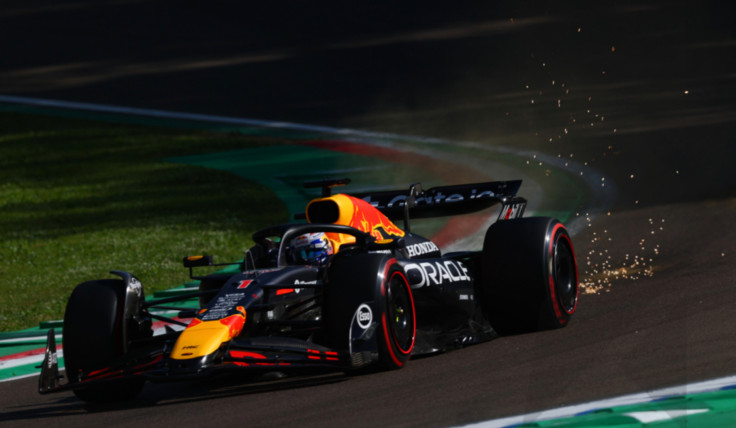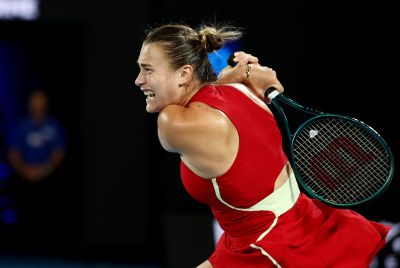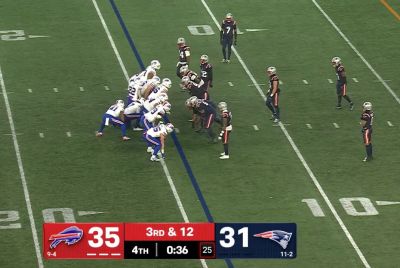F1 Penalty Farce: Was Verstappen Let Off Lightly After 'Deliberate' Collision?
F1's penalty framework under fire as Verstappen's clash with Russell reignites debate on safety and fairness

Formula 1's penalty system has come under intense scrutiny following a dramatic incident at the 2025 Spanish Grand Prix. The collision between Max Verstappen and George Russell, sparked during a safety car restart, has reignited debates about whether the current system effectively balances safety, fairness, and competition.
As Verstappen edges closer to a potential race ban, questions are mounting about whether F1's approach to penalties is fit for purpose.
The Spanish Grand Prix Incident: A Closer Look
The Spanish Grand Prix was overshadowed by a collision between title rivals Max Verstappen and George Russell shortly after the safety car period ended. Verstappen, who was instructed to cede position after running off-track, appeared to deliberately collide with Russell's car.
Race stewards penalised Verstappen with a 10-second time penalty and handed him three penalty points on his super licence. According to the BBC, this penalty caused Verstappen to drop from fifth to tenth place in the final standings and left him just one point shy of a race ban, with 11 points on his super licence.
This latest addition brings Verstappen's total to 11 points, just one shy of the 12-point threshold that triggers a mandatory one-race ban. The severity of the penalty has divided fans and pundits alike, with some arguing that the punishment does not sufficiently reflect the gravity of deliberately causing a collision.
Safety Car Protocols: Chaos on Track
Safety cars are a crucial element of Formula 1, designed to ensure driver safety during incidents on the circuit. However, their deployment often leads to chaotic restarts, with the Spanish GP serving as a prime example. The bunching of cars behind the safety car increases the risk of collisions, as drivers jostle aggressively for position once the race resumes.
Critics have highlighted that the current safety car procedures sometimes compromise the integrity of the race and put drivers at unnecessary risk. The chaotic nature of restarts has prompted calls to reconsider how safety cars are deployed and managed to better balance safety and fair competition.
The Super Licence Penalty System Under the Microscope
Formula 1 drivers accumulate penalty points on their super licences for various infractions. Should a driver reach 12 points within a 12-month period, they face a one-race suspension. The system is intended to discourage reckless driving and maintain discipline on the track.
Yet, the recent controversies suggest the system's application lacks consistency. Some penalties appear too lenient, failing to deter dangerous behaviour, while others seem disproportionately harsh. This perceived inconsistency undermines confidence in the stewards' ability to enforce rules fairly and transparently.
Calls for Reform: What Needs to Change?
In the wake of these incidents, there are growing calls for a thorough review of the penalty system. Many in the F1 community advocate for clearer, more transparent guidelines to ensure penalties are fair and uniformly applied. Greater clarity around what constitutes deliberate misconduct and how it is punished could help restore trust.
Reforms may also extend to safety car regulations, with the aim of reducing risky restarts and ensuring that safety measures do not inadvertently jeopardise race fairness. Maintaining a balance between driver safety, competitive racing, and fan engagement remains a critical challenge for Formula 1's governing bodies.
Conclusion
The fallout from the Spanish Grand Prix collision and the scrutiny of the penalty system raises an important question: Is Formula 1's current approach to penalties fit for the demands of modern racing?
As Verstappen teeters on the edge of a race ban and safety car chaos continues to disrupt races, it is clear that reforms are needed to protect both the integrity of the sport and the safety of its competitors. Fans and stakeholders alike will be watching closely as the season unfolds to see how F1 addresses these pressing issues.
© Copyright IBTimes 2025. All rights reserved.





















